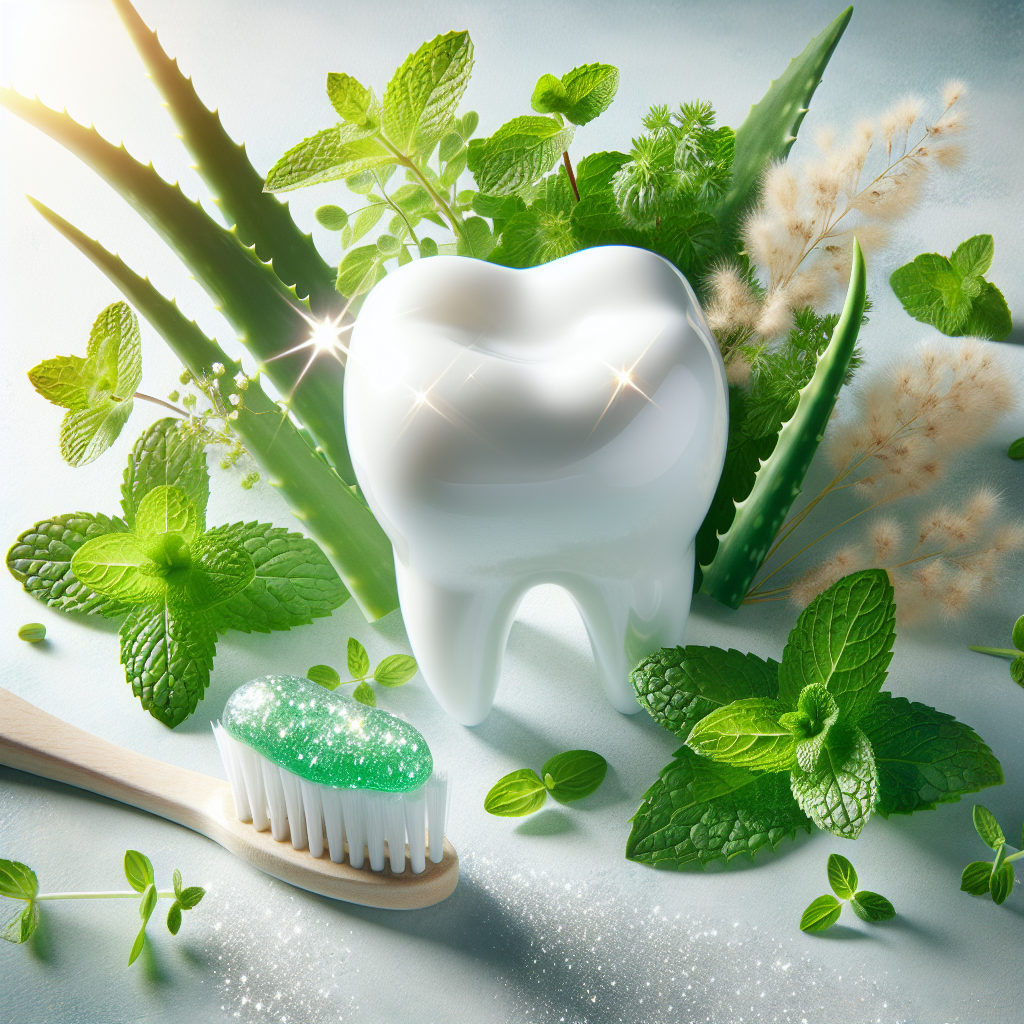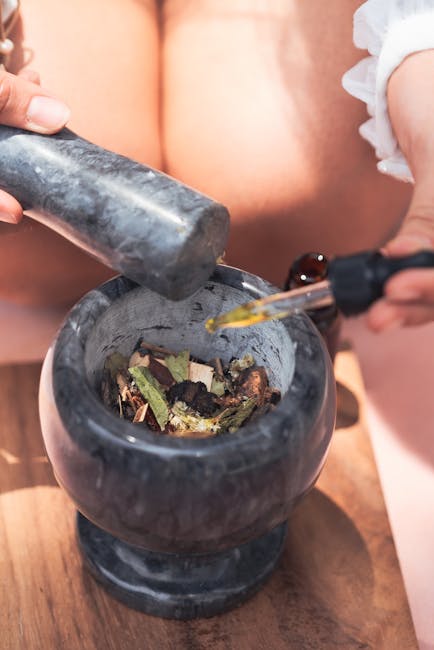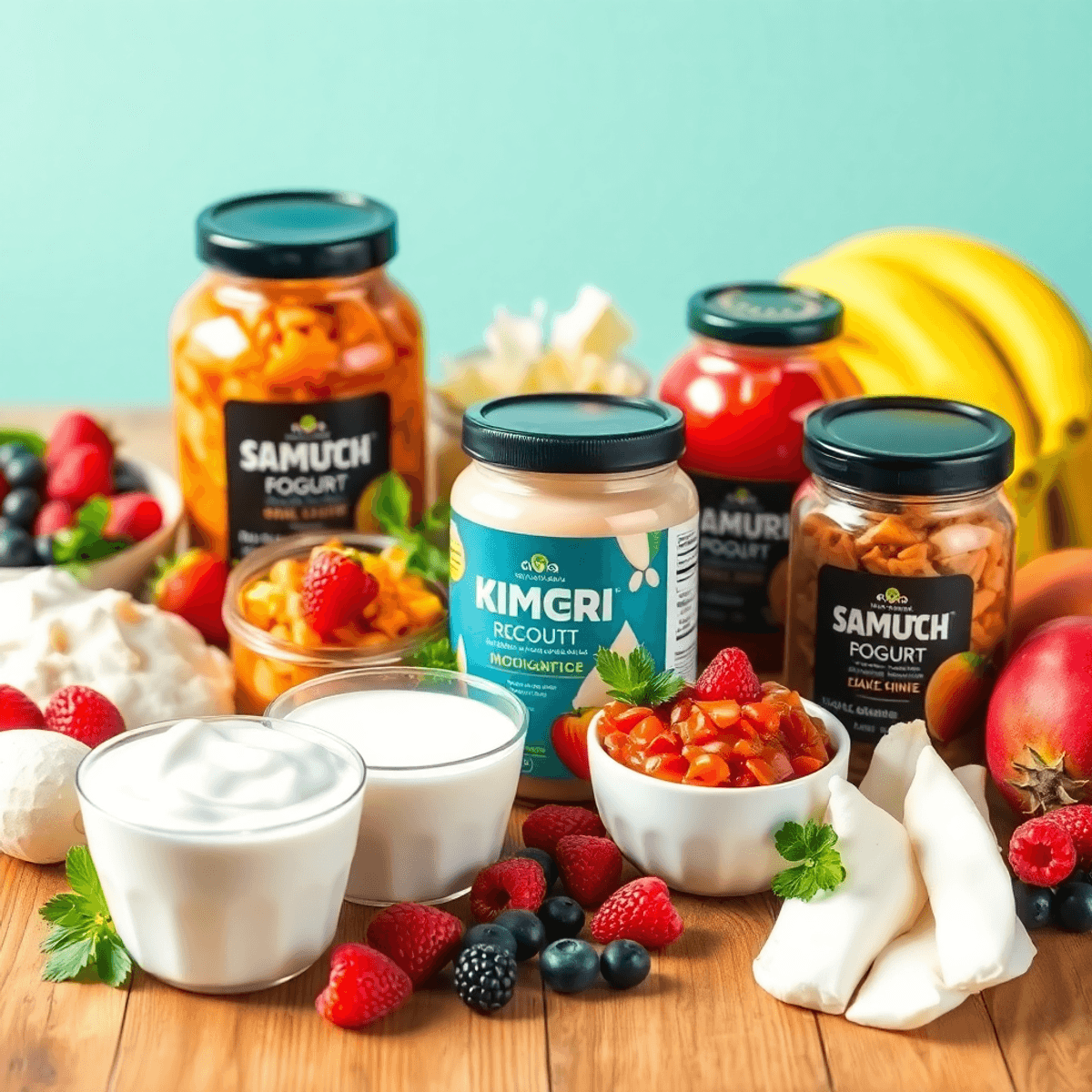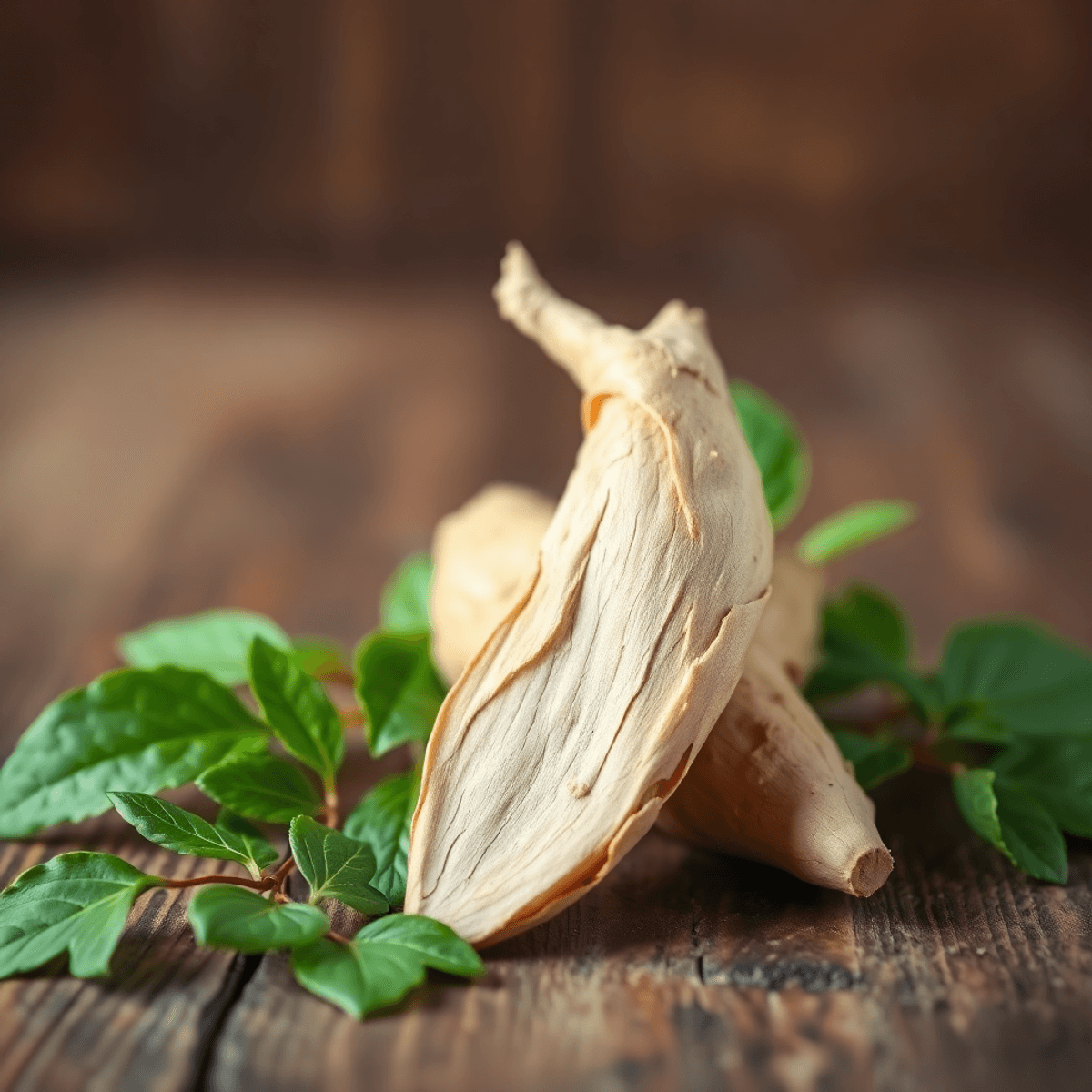Smile Brighter: Your Guide to Natural Teeth Care
Maintaining a bright, healthy smile is a goal shared by many. While modern dentistry offers advanced cosmetic procedures, a foundation of natural teeth care provides the best starting point for overall oral health and a radiant appearance. Embracing natural methods can help prevent dental problems, strengthen teeth, and even whiten them over time. This guide delves into effective, scientifically-backed strategies for achieving a naturally brighter smile.
The Fundamentals of Natural Teeth Care:
The cornerstone of natural teeth care revolves around diligent hygiene practices. This includes more than simply brushing twice a day.
-
Proper Brushing Technique: Employing the correct technique is paramount. Use a soft-bristled toothbrush and gently brush for two minutes. Angle the brush at 45 degrees to the gumline, targeting each tooth surface – the outer, inner, and chewing surfaces. Focus on methodical movements, avoiding harsh scrubbing that can damage enamel and irritate gums.
-
Choosing the Right Toothbrush: The ideal toothbrush is soft-bristled, as harder bristles can abrade enamel. Consider electric toothbrushes, which often feature timers and pressure sensors to guide effective brushing. Replace your toothbrush or brush head every three months, or sooner if bristles become frayed.
-
The Role of Flossing: Flossing is critical for removing plaque and food particles from between teeth, areas a toothbrush cannot reach. Floss at least once a day, using a gentle sawing motion to avoid irritating the gums. Waxed floss is often preferred for easier maneuverability, especially for those with tightly spaced teeth.
-
Tongue Scraping: The tongue harbors bacteria that contribute to bad breath and can affect overall oral health. Gently scraping the tongue with a tongue scraper removes these bacteria and promotes a cleaner mouth. This should be done after brushing and flossing.
Dietary Considerations for a Healthy Smile:
What you consume significantly impacts your oral health. Certain foods strengthen teeth and fight decay, while others can undermine your efforts.
-
Calcium-Rich Foods: Calcium is essential for strong teeth and bones. Incorporate calcium-rich foods such as dairy products (milk, yogurt, cheese), leafy green vegetables (kale, spinach), and fortified foods (almond milk, orange juice) into your diet.
-
Phosphorus and Vitamin D: Phosphorus works synergistically with calcium to strengthen teeth. Vitamin D aids in calcium absorption. Ensure an adequate intake of these nutrients through foods like fish (salmon, tuna), eggs, and fortified cereals. Sunlight exposure also helps the body produce Vitamin D.
-
Limit Sugary and Acidic Foods: Sugary foods fuel the bacteria that produce acids, leading to enamel erosion and cavities. Minimize consumption of candy, soda, and processed foods. Acidic foods and drinks, such as citrus fruits, vinegar, and carbonated beverages, also erode enamel and should be consumed in moderation.
-
Hydration is Key: Drinking plenty of water helps rinse away food particles and bacteria. Water also stimulates saliva production, which naturally neutralizes acids and protects teeth.
-
Fiber-Rich Foods: Crunchy fruits and vegetables, like apples and carrots, act as natural toothbrushes, scrubbing the teeth and increasing saliva flow. They also require more chewing, which promotes a healthier jaw.
Natural Teeth Whitening Strategies:
While professional teeth whitening offers dramatic results, gentle, natural methods can gradually brighten your smile.
-
Oil Pulling: Oil pulling involves swishing a tablespoon of oil (coconut oil is popular) in your mouth for 15-20 minutes. This process is believed to remove bacteria and toxins, contributing to a cleaner mouth and potentially whiter teeth. Be sure to spit the oil into the trash to avoid clogging drains and thoroughly rinse your mouth afterwards.
-
Baking Soda: Baking soda acts as a mild abrasive, helping to remove surface stains. Mix a small amount of baking soda with water to form a paste and gently brush your teeth with it once or twice a week. Overuse can erode enamel, so moderation is crucial.
-
Activated Charcoal: Activated charcoal is another popular teeth whitening agent. Its porous nature absorbs stains and impurities. Brush with activated charcoal powder mixed with water, following the same guidelines as baking soda – use sparingly.
-
Strawberry Paste: Strawberries contain malic acid, a natural enamel whitener. Mash a strawberry and mix it with a pinch of baking soda to create a paste. Brush your teeth with this mixture once or twice a week, being mindful of not overdoing it.
-
Hydrogen Peroxide: Diluted hydrogen peroxide can gently lighten teeth. Mix 3% hydrogen peroxide with water and use it as a mouthwash or apply a small amount to your teeth and brush very gently. Overuse can cause sensitivity, so this should be used with extreme caution.
Herbal and Plant-Based Approaches:
Certain herbs and plants possess properties that support oral health.
-
Neem: Neem twigs have been traditionally used for teeth cleaning in India. They possess antibacterial and anti-inflammatory properties that combat bacteria and promote gum health. Neem-infused toothpaste and mouthwashes are available.
-
Clove: Clove oil has antiseptic and analgesic properties, making it beneficial for gum health and tooth pain relief. Clove oil can be added to toothpaste or used directly on irritated gums.
-
Peppermint: Peppermint is known for its refreshing flavor and antibacterial properties. Peppermint essential oil can be added to homemade mouthwashes or toothpaste.
The Importance of Regular Dental Check-ups:
While natural teeth care is essential, it is no substitute for professional dental care. Regular check-ups and cleanings with your dentist are crucial for identifying and addressing any dental problems early on. Your dentist can also offer professional advice and treatments to enhance your oral health and brighten your smile. Even with the best natural practices, a professional evaluation is an integral part of maintaining a healthy, beautiful smile.
Incorporating these strategies into your daily routine requires consistency and commitment. By focusing on proper hygiene, a balanced diet, and mindful natural techniques, you can cultivate a naturally brighter, healthier smile for years to come.











